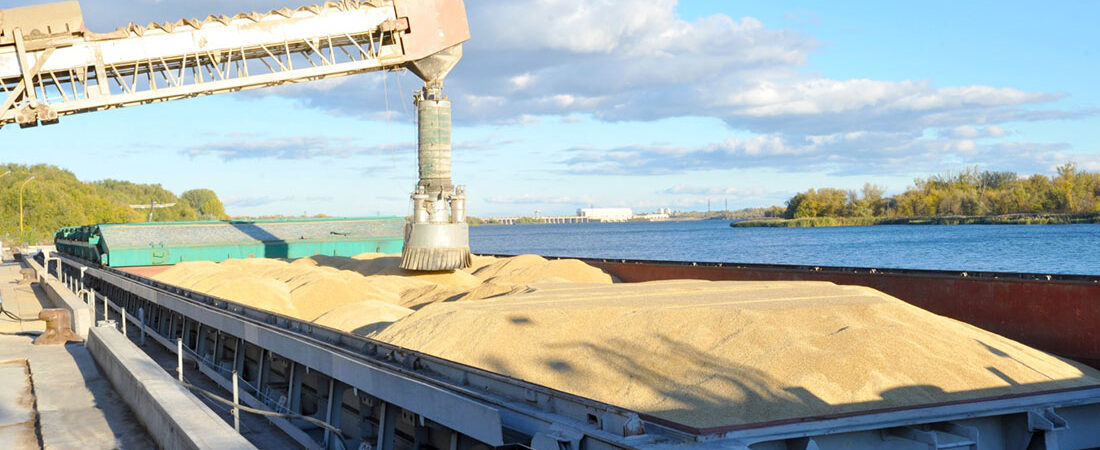Security Risks Prompt Rerouting of European Wheat Ships Away from Suez Canal

European wheat exports are undergoing a significant shift in their maritime strategy as they increasingly bypass the Suez Canal, a crucial lifeline for global trade. This strategic redirection of shipping routes is a response to heightened security concerns within this pivotal maritime passage, mainly due to attacks by Iran-backed Houthi militia in the Red Sea region.
The Suez Canal, a critical conduit for the transport of grains and other essential commodities, is grappling with threats that are forcing shipping companies to seek alternative paths. The number of European wheat cargoes being diverted around the Cape of Good Hope, instead of using the Suez Canal, has sharply risen. In the first half of January alone, wheat shipments via the Suez Canal fell by almost 40%, equating to about 3 million metric tons of wheat diverted away from the Red Sea.
These attacks, particularly in the Red Sea and Gulf of Aden regions, have led to a significant drop in vessel tonnages and grain flows, causing European wheat ships to reroute away from the Suez Canal. The frequency of diversions has significantly escalated in recent days, with the number of ships avoiding the Red Sea jumping from 20% to 45%, as reported by analysts and grain traders.
The decision to reroute shipping traffic has profound implications for the logistics and potentially the cost of wheat trade. Alternative routes are generally longer, leading to an increase in transportation expenses. For instance, several of the world’s largest shipping firms have suspended shipping through the Suez Canal, with some carriers diverting their shipments to Europe and the United States via the Cape of Good Hope. This detour adds weeks to the journey, thus escalating costs.
In the first two weeks of January, approximately 42% of wheat shipments from the European Union, Russia, and Ukraine that would typically pass through the Suez Canal opted for alternative routes. This shift has resulted in wheat shipments via the Suez Canal plunging to 500,000 tonnes, almost 40% lower year-on-year.
The alteration in shipping routes underscores the vulnerability of global supply chains to geopolitical and security risks, especially in chokepoints like the Suez Canal that have a significant impact on international trade flows. This situation highlights the rising freight rates and delivery delays due to ships taking longer routes, impacting global trade dynamics.
The current scenario reaffirms the importance of securing these crucial maritime passages, allowing for the smooth operation of global trade, particularly in essential commodities such as wheat. It emphasizes the need for international cooperation to address security issues, ensuring the steady flow of goods across the globe, and safeguarding the global economy from such unexpected shocks.
Read also
Algeria imposes a complete ban on durum wheat imports in 2025
Weather in Brazil and Argentina remains favorable for the future harvest of soybea...
Join with the EARLY RATE – 22 International Conference BLACK SEA GRAIN.EUROP...
Ukrainian flour exports are 35% behind last year’s volumes
Heavy rains will hit Malaysia’s palm oil production again in December –...
Write to us
Our manager will contact you soon



